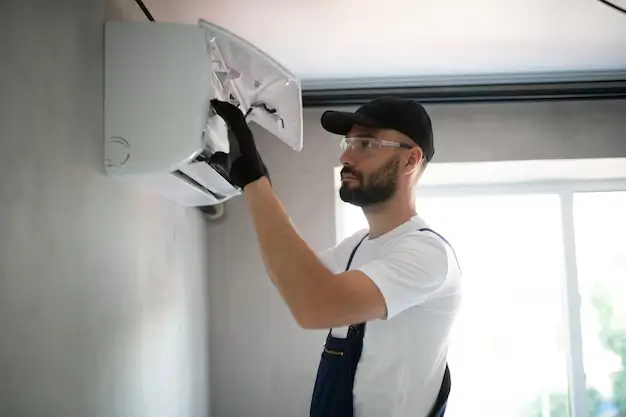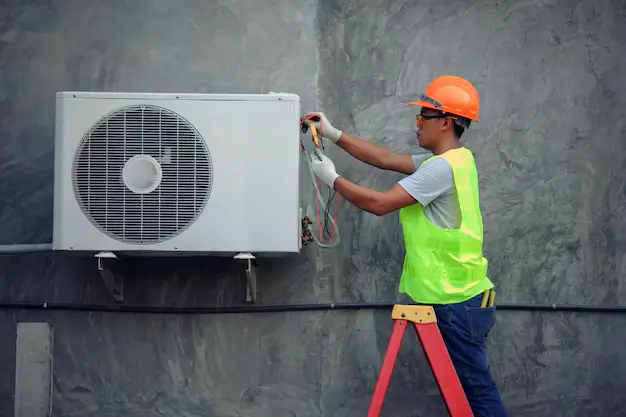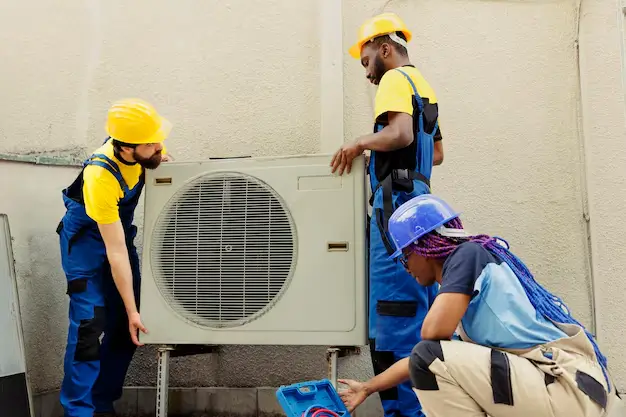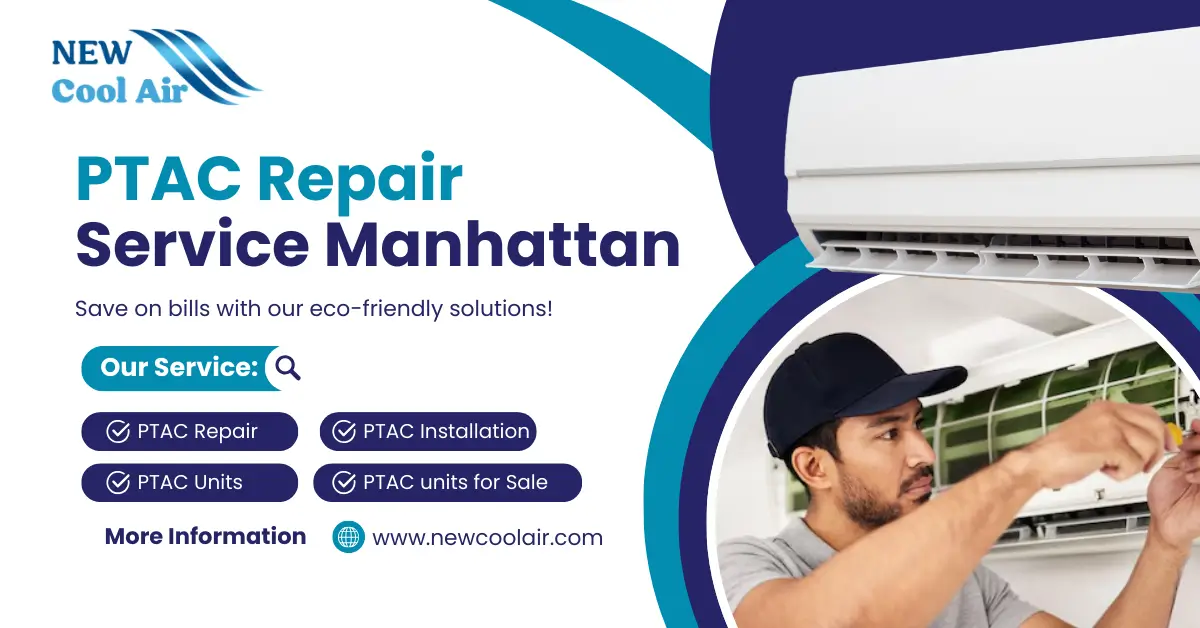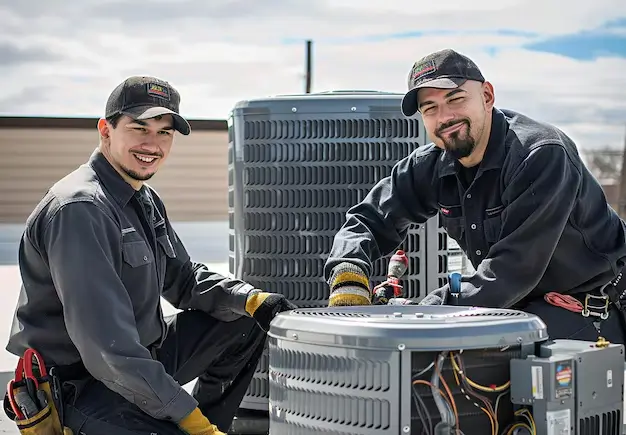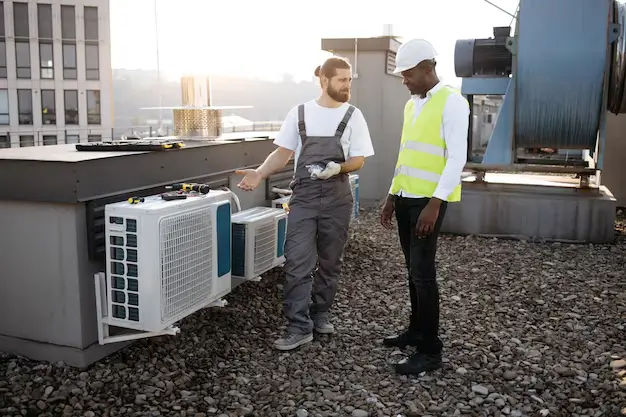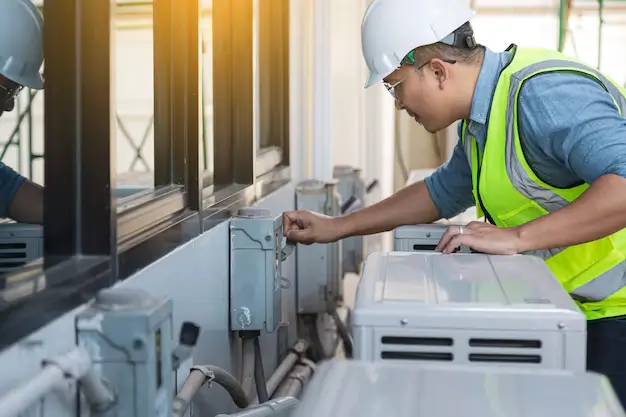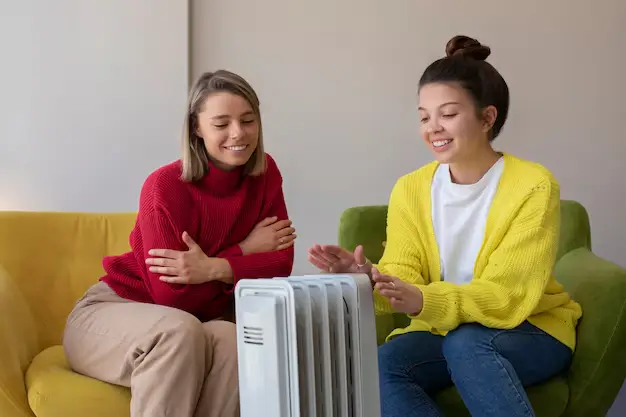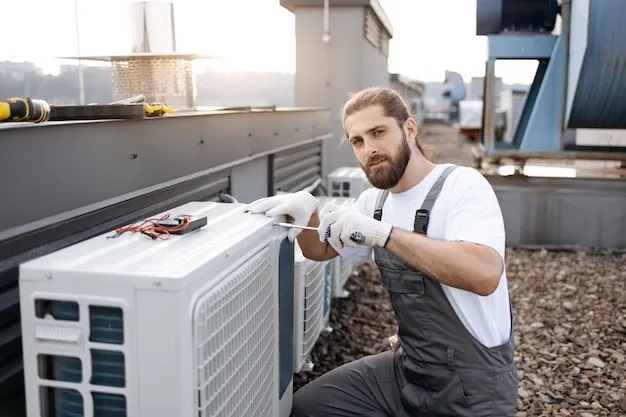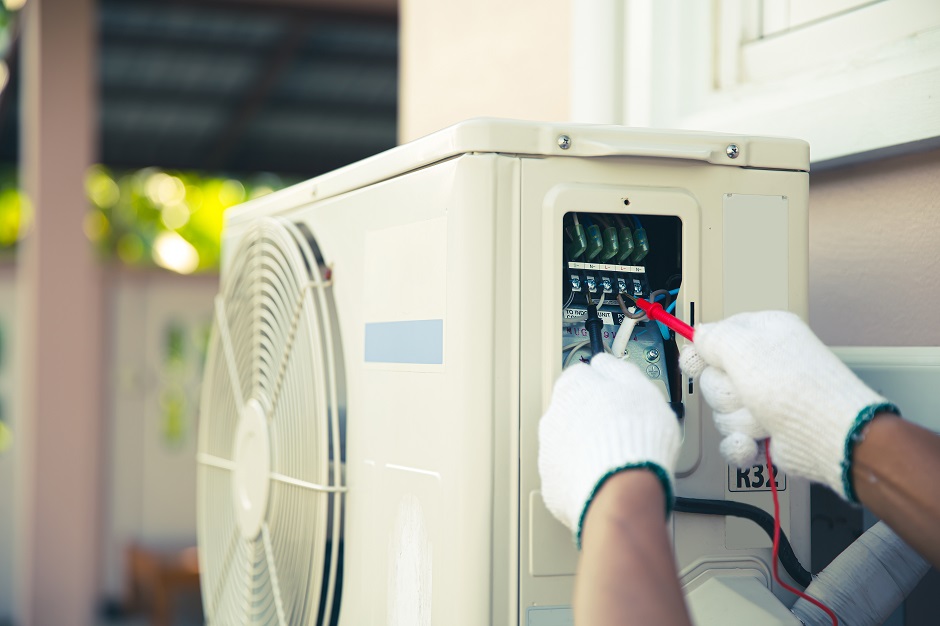Keeping your home comfortable throughout the year is essential, especially in NYC, where summers can be sweltering and winters unpredictable. A reliable air conditioning system is key to maintaining indoor comfort, energy efficiency and air quality. Whether you need a new unit installed, routine maintenance, or emergency AC repair in NYC, New Cool Air provides professional residential AC installation NYC and repair services tailored to meet your needs.
Why Residential AC Installation Matters
Installing a new air conditioning system in your home isn’t just about cooling — it’s about creating a comfortable living environment while optimizing energy efficiency. Modern AC units are designed to provide even cooling throughout the home, reduce humidity, and maintain indoor air quality.
At New Cool Air, our team works closely with homeowners to select the best system based on your home’s size, insulation and cooling requirements. Proper AC installation NYC ensures that your system operates efficiently, minimizes electricity bills, and extends the lifespan of your equipment. Poor installation can lead to uneven cooling, frequent breakdowns, and higher energy costs, making professional installation crucial.
Common Residential AC Problems
Even the most advanced air conditioning systems can experience issues over time. Recognizing the signs of trouble early can save you from costly repairs or replacements. Common AC problems include:
- Inadequate Cooling: If some rooms remain hot while others are cool, your system may be low on refrigerant or have a malfunctioning compressor.
- Unusual Noises: Rattling, buzzing, or grinding sounds can indicate loose components or failing motors.
- Frequent Cycling: AC units that turn on and off frequently may have thermostat issues or electrical malfunctions.
- Water Leaks: Condensation buildup or blocked drain lines can cause leaks inside your home.
- Poor Airflow: Reduced airflow may result from dirty filters, blocked vents, or ductwork problems.
If you notice any of these signs, contacting New Cool Air for prompt AC repair services can prevent further damage and restore your system’s performance.
Residential AC Repair Services in NYC
New Cool Air offers comprehensive AC repair in NYC for homeowners, covering all types of residential cooling systems. Our certified technicians provide:
- Diagnostic inspections to identify issues
- Refrigerant recharge and leak repair
- Compressor and fan motor repair
- Thermostat calibration
- Electrical component repair and replacement
- Duct cleaning and maintenance
As a trusted AC repair & installation company NYC, we prioritize fast, reliable service to minimize discomfort during extreme weather. We also guide homeowners on preventive maintenance to reduce the likelihood of future breakdowns and maintain peak efficiency.
The Importance of Routine AC Maintenance
Regular maintenance is vital to maintaining your home’s AC system in good working order. Regular inspections and maintenance improve efficiency, extend the system’s lifespan and avoid expensive repairs. The most important maintenance tasks that are performed by New Cool Air include:
- Cleaning and replacing air filters
- Checking refrigerant levels
- Inspecting electrical connections and components
- Testing airflow and thermostat functionality
- Cleaning coils and vents
Homeowners who receive regular AC repair and repair benefit from better cooling consistency, improved air quality, and less costs for energy. If they invest in preventive care homeowners are able to avoid sudden malfunctions, particularly in the summer months.
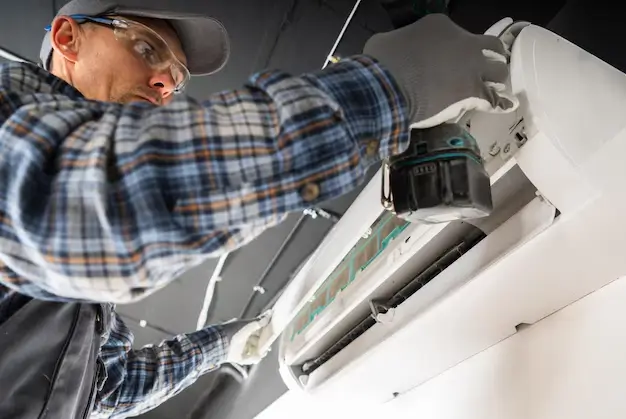
Choosing New Cool Air for Residential AC Services
What sets New Cool Air apart is our commitment to quality, customer satisfaction, and technical expertise. Our team understands the unique HVAC needs of NYC homes, from high-rise apartments to suburban residences, and provides tailored solutions for installation, repair, and maintenance.
Whether you need emergency AC repair in NYC or professional installation, our experts ensure minimal disruption, fast response times, and lasting results. As a leading AC repair & installation company NYC, we also help clients choose energy-efficient systems that comply with local regulations while maximizing comfort and savings.
Benefits of Professional Residential AC Installation
Investing in professional AC installation NYC provides several advantages:
- Optimal Cooling Performance: Correctly sized and installed units cool your home efficiently.
- Energy Savings: Proper installation reduces energy consumption and lowers utility bills.
- Extended System Lifespan: Professional installation ensures components function correctly, reducing wear and tear.
- Improved Indoor Air Quality: High-quality units with professional ductwork minimize dust, allergens, and humidity issues.
- Peace of Mind: Knowing your AC system is installed and maintained by experts ensures reliability.
Frequently Asked Questions:-
Q1. How do I know if my AC needs repair?
Ans. Signs include reduced cooling, unusual noises, water leaks, or poor airflow. If you notice any of these issues, contact New Cool Air for fast and professional AC repair in NYC to restore your system’s comfort and efficiency.
Q2. What types of AC installation services do you provide?
Ans. We offer complete residential AC installation NYC services, including central systems, split units and modern energy-efficient options tailored to your home’s layout and cooling requirements.
Q3. How often should I schedule AC maintenance?
Ans. Routine maintenance is recommended at least once a year to ensure optimal performance, extend system lifespan, and improve energy efficiency. Scheduling regular AC repair and tune-ups with New Cool Air helps prevent costly breakdowns.
Q4. Can you provide emergency AC repair services in NYC?
Ans. Yes, New Cool Air provides 24/7 emergency AC repair in NYC for homeowners who need immediate assistance during unexpected breakdowns, ensuring minimal downtime and maximum comfort.
Q5. Why should I choose New Cool Air for AC services?
Ans. As a trusted AC repair & installation company NYC, New Cool Air offers professional installation, repair, and maintenance backed by years of experience, technical expertise, and a strong commitment to customer satisfaction.
Conclusion
Reliable air conditioning is essential for comfortable living in NYC, and expert services make all the difference. New Cool Air provides professional residential AC installation NYC, maintenance, and AC repair solutions designed for long-term comfort and efficiency.
If your unit is showing signs of trouble or you’re planning a new installation, contact New Cool Air today. Our skilled technicians at the top AC repair & installation company NYC are ready to deliver quick, efficient, and professional services that keep your home cool, efficient, and worry-free all year long.
Keep your home cool and comfortable year-round with professional AC installation and repair. Contact us at New Cool Air today to schedule service or consultation!


